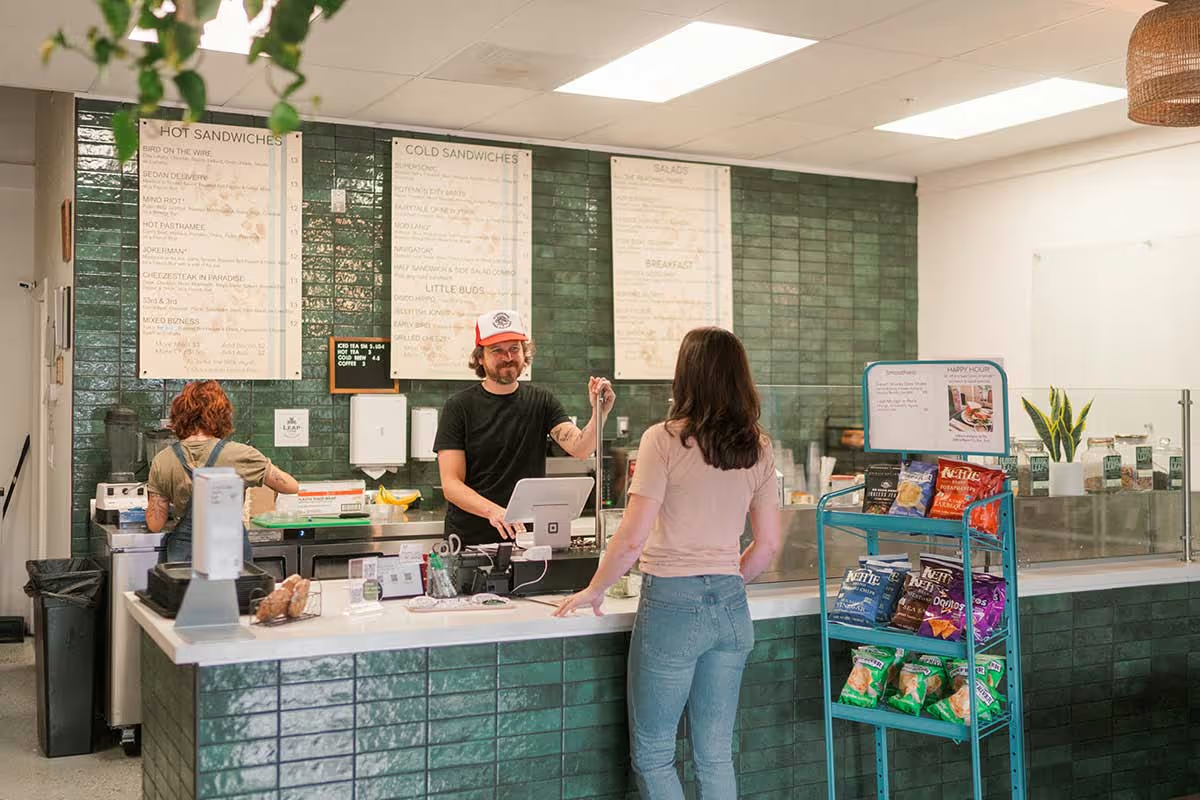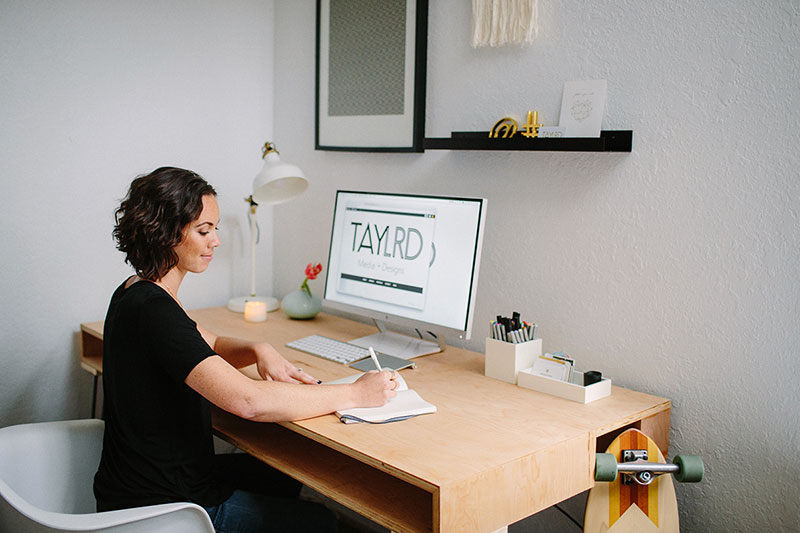One thing’s for certain, loyalty and rewards programs can and do build customer loyalty. Honestly, there is research all over the internet that shows a company’s most loyal customers are also its most profitable ones. After all, keeping an existing customer costs up to five times less than winning a new one. And as years pass, it costs less and less to serve those customers, so building a base of loyal people has benefits that improve your bottom line. So today, we wanted to talk about how you can make this smart marketing play—here is how to create a loyalty and reward program for your small business.
Why loyalty and rewards programs are good for small business
According to an article by the Harvard Business Journal, there are real advantages for small businesses to take advantage of loyalty and rewards programs. “Some of the best examples of building customer loyalty through value sharing can be found in traditional small businesses. Such businesses make it a point to get to know their best customers personally and often reward them with special services and attention—notifying them when sought-after merchandise arrives, for example, or giving them a free drink or a special dessert (in the case of restaurants). They know that delivering increased value to profitable customers turns them into loyal customers; and that loyal customers become even more profitable over time.”
Have we convinced you? Great. Let’s move on.
Steps to building your own loyalty and rewards program
Define your goals - Do you want more engagement or more revenue? Maybe awareness or loyalty to a cause near and dear to you? Like everything in business, you’ll need to decide your goals before moving forward with the rest.
Get to know your current customers better - Consider how much they already buy in a year, what products they buy, and how long they’ve been a customer. Also, ask them how satisfied they are with your products or service and how you could improve your relationship with them. Surveys, interviews, and recent comments or reviews can give you the information you need to decide on the right approach to take here.
Choose a program that “feels” like your brand - And fits your brand too. Based on your products and the type of customer you have, consider a program that makes sense for your business. You can think about doing a program with:
- Points-based loyalty - Rewards customers for referrals, repeat purchases and subscriptions
- Tiered loyalty - Provides customers different benefits based on their spending
- Paid loyalty - Customers pay a fee to receive specific benefits
- Value-based loyalty - Highlight your values by donating a portion of sales to specific charities or causes
Pro-tip: You can go old school with paper punch cards or use a software to do it digitally.
Promote your program - Promote your program to existing customers to get people involved early. Your incentive and program type should be encouraging for your best customers to sign up. Be excited! Talk about your new loyalty program in communications like emails, newsletters, social media, put it on your website, or when they shop in-person with you. Hype. It. Up.
Analyze your success -Follow your engagement data in Google Analytics and track reactions, likes and shares on social media. Watch for spikes in sales, higher volume orders, etc. Once you determine if the program is helping to reach your defined goals, you can adjust and make changes accordingly.
Pro-tip: Decide what KPIs are most important to track and set them up under your Performance tab in Enji!
Communicate, communicate, communicate - Always be reminding customers about the program and their enrollment benefits, share milestones, and ask for feedback.
No one knows your customer better than you. If you understand your best customers and what motivates them to act (read: buy from you over and over again), then you can start to formulate ways to incentivize them to engage more—and, ultimately, refer more people to your business.





